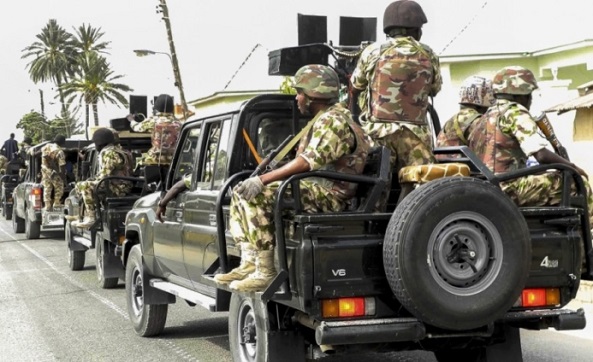The top U.S. general is making a rare trip to Africa to discuss ways to preserve some of the U.S. presence in West Africa after Niger decided to kick out the U.S. military in favour of partnering with Russia in a major setback for Washington.
Air Force General C.Q. Brown, chairman of the Joint Chiefs of Staff, told reporters before landing in Botswana on Monday for a gathering of African chiefs of defence that he was going to speak with several partners in the region.
"I do see some opportunities. And there are countries that we're already working with in West Africa," Brown told reporters travelling with him.
Building on those relationships may "provide opportunities for us to posture some of the capability we had in Niger in some other locations," he added.
Brown declined to say which countries were under consideration. But a U.S. official told Reuters that President Joe Biden's administration has had initial conversations with countries including Benin, Ivory Coast and Ghana.
Still, the U.S. military is not expected to be able to replicate its muscular counter-terrorism footprint in Niger anytime soon. In particular, its ejection means losing Air Base 201, which the U.S. built near Agadez in central Niger at a cost of more than $100 million.
Until Niger's military coup last year, the base had been key to the U.S. and Niger's shared fight against insurgents who have killed thousands of people and displaced millions more.
A second U.S. official, also speaking on condition of anonymity, said not to expect another big U.S. base or wholesale relocation of U.S. troops from Niger to somewhere else.
"We do not expect a large military construction announcement or a significant new base to appear anywhere," the second official said.
POLITICAL UPHEAVAL
The changing political landscape in West and Central Africa presents a dilemma for the United States. The region has seen eight coups over four years, including in Niger and its neighbours Burkina Faso and Mali.
The juntas now ruling many of those countries are less willing to work with Western countries including the United States - whose military is legally barred from supporting governments that seized power through coup. They are increasingly looking to Russia, which faces no such constraints.
"The U.S. had solid partners in the region," said Catherine Nzuki at the Washington-based Center for Strategic and International Studies.





